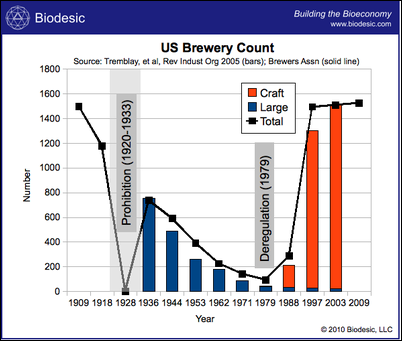Kevin D. Williams explains why the late Steve Jobs did more good by avoiding big-ticket philanthropy and concentrating on his business:
Mr. Jobs’s contribution to the world is Apple and its products, along with Pixar and his other enterprises, his 338 patented inventions — his work — not some Steve Jobs Memorial Foundation for Giving Stuff to Poor People in Exotic Lands and Making Me Feel Good About Myself. Because he already did that: He gave them better computers, better telephones, better music players, etc. In a lot of cases, he gave them better jobs, too. Did he do it because he was a nice guy, or because he was greedy, or because he was a maniacally single-minded competitor who got up every morning possessed by an unspeakable rage to strangle his rivals? The beauty of capitalism — the beauty of the iPhone world as opposed to the world of politics — is that that question does not matter one little bit. Whatever drove Jobs, it drove him to create superior products, better stuff at better prices. Profits are not deductions from the sum of the public good, but the real measure of the social value a firm creates. Those who talk about the horror of putting profits over people make no sense at all. The phrase is without intellectual content. Perhaps you do not think that Apple, or Goldman Sachs, or a professional sports enterprise, or an internet pornographer actually creates much social value; but markets are very democratic — everybody gets to decide for himself what he values. That is not the final answer to every question, because economic answers can only satisfy economic questions. But the range of questions requiring economic answers is very broad.
I was down at the Occupy Wall Street protest today, and never has the divide between the iPhone world and the politics world been so clear: I saw a bunch of people very well-served by their computers and telephones (very often Apple products) but undeniably shortchanged by our government-run cartel education system. And the tragedy for them — and for us — is that they will spend their energy trying to expand the sphere of the ineffective, hidebound, rent-seeking, unproductive political world, giving the Barney Franks and Tom DeLays an even stronger whip hand over the Steve Jobses and Henry Fords. And they — and we — will be poorer for it.
H/T to Jon, my former virtual landlord, for the link.
Update: An obituary from The Economist seems pretty accurate to me:
NOBODY else in the computer industry, or any other industry for that matter, could put on a show like Steve Jobs. His product launches, at which he would stand alone on a black stage and conjure up a “magical” or “incredible” new electronic gadget in front of an awed crowd, were the performances of a master showman. All computers do is fetch and shuffle numbers, he once explained, but do it fast enough and “the results appear to be magic”. He spent his life packaging that magic into elegantly designed, easy to use products.
[. . .]
His on-stage persona as a Zen-like mystic notwithstanding, Mr Jobs was an autocratic manager with a fierce temper. But his egomania was largely justified. He eschewed market researchers and focus groups, preferring to trust his own instincts when evaluating potential new products. “A lot of times, people don’t know what they want until you show it to them,” he said. His judgment proved uncannily accurate: by the end of his career the hits far outweighed the misses. Mr Jobs was said by an engineer in the early years of Apple to emit a “reality distortion field”, such were his powers of persuasion. But in the end he changed reality, channelling the magic of computing into products that reshaped music, telecoms and media. The man who said in his youth that he wanted to “put a ding in the universe” did just that.
Update, the second: “Death is very likely the single best invention of life.” Steve Jobs, 2005.




